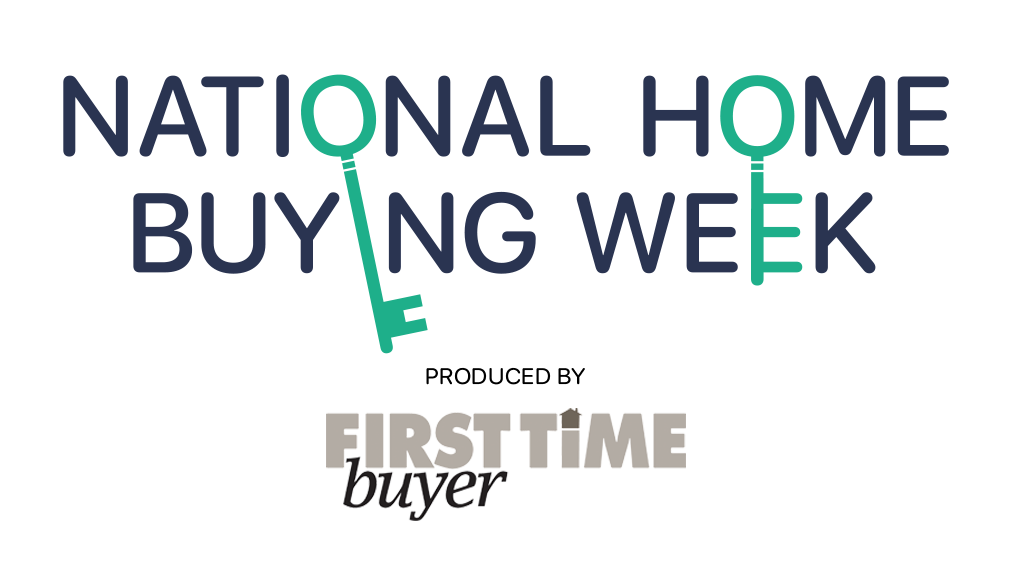What is conveyancing?
Conveyancing is the process of transferring the legal title from the seller to the buyer. There are lots of stages, including local authority searches and ensuring there are no legal questions over ownership or use of the home. A good conveyancer will explain everything clearly, including any restriction or charges and the difference between leasehold and freehold. The work can be done by a solicitor or a licenced conveyancer, either local or working remotely.
Proof of Identity
As a result of legal changes to prevent fraud and money laundering, no-one can buy or sell a home unless they have given original or authorised proof of identity to a legal company. This usually requires a passport, birth certificate and marriage certificate, and a recent utility bill, such as electricity, gas, water or TV licence (with your current name and address on it). Mobile phone bills aren’t accepted as a ‘utility’ bill, as they can be taken from one property to another.Buyer’s Questions
All legal companies should ask you very early on in the process if you have any questions that you want answering about the new property. Make sure you send these, in writing, to your contact at the legal company. Good examples of questions are: When can I move in? Is there an allocated parking space with the property? Which boundary (fence or hedge) is my responsibility? Some legal companies might not ask you until nearer to exchange, which can hold up the process and delay your move into your new home – be proactive with any queries.
Searches
Searches might not seem very exciting, but they are essential to the legal process of you buying a home. They highlight any problems arising on the land or surrounding area and it is really important to read through them carefully.
For example, is your property liable to flooding and/or subsidence? Have neighbours, developers, or even road builders just put in planning applications that could affect your property?
Make sure you read the searches carefully when your legal company sends them to you and, if you have any queries at all, call or email your representative. Check with the legal company that the searches are being done through a company that is a member of the Council of Property Search Organisations (CoPSO)
Organise a Deposit
Once you have received your contract, you need to get your deposit organised. This means making sure that there are sufficient funds in your bank so that when the cheque or banker’s draft is presented, the money will be transferred to the legal company. Once this has been done, and the contract has been signed by you and anyone else you are buying with, it should be returned to your legal company and you should be ready to exchange.
Complete Contracts
Finally, the moving day arrives. The full monies are sent to the vendor’s legal company and, on receipt, their legal company will call the vendor/estate agent to let them know you can have access to the keys.
Making an Offer
Make sure that you have chosen your legal company before you make an offer. As soon as an offer is accepted, you will be asked by the estate agent for your legal company’s details (name, address, telephone number, email or fax). If you haven’t already taken the time to find a good legal or conveyancing company, you may end up rushing into choosing one that doesn’t deliver a very good service – making your purchase stressful and perhaps even taking so long that the vendor pulls out!
Fixtures and Fittings and Property Information Forms
The first time you can be sure that something is happening with your purchase is when you receive the Fixtures and Fittings and Property Information forms. Check these carefully, as they confirm:- What you are buying (including outbuildings or garage/car parking space)
- What items the vendor has agreed to leave (for example, dishwasher, bathroom accessories or light fittings)
- Any current issues, such as boundary disputes or planning permissions, that you need to be aware of
Make sure you feedback to your legal contact on anything that is different on the forms to what you have agreed with the vendor/estate agent. If you have time, it is worth visiting the new property with the forms, so that you are clear what’s being taken and what is being left behind.
Purchase Contract
Once your legal company has sent off and received the searches, the Fixtures and Fittings forms and the contract from the vendor’s solicitor, then you are nearly ready to exchange. The next piece of paperwork that you will read is the contract This is incredibly important and will have details of all the people who have owned the property before and previous prices the property has sold for.
The contract will have information about the price you are paying for the property – make sure this is correct – and will also state any restrictions on your ownership, such as not being allowed to sub-let the property or rooms to other people, or not being able to erect a fence in the front garden.
You must read this document really carefully. Ideally, this can be done face-to-face with the legal company. The legal company sometimes provides you with a summary of all the important issues that the contract and other documentation raise, but don’t rely on this. They can’t know what is really important to you, so make sure you understand and read the paperwork yourself from cover to cover
Exchange of Contracts
You can now celebrate the fact that your purchase is nearly done. The contracts are deemed to have been exchanged once the legal companies have both received the purchase/sale contracts and the deposit monies.
Send off Land Tax form (Stamp Duty)
It’s your responsibility to tell HMRC and pay any SDLT you owe, however, most people use a solicitor or legal conveyancer to act on their behalf. Some legal companies will fill in the form for you and send off your cheque for free, others will charge upwards of £50 for the service.

